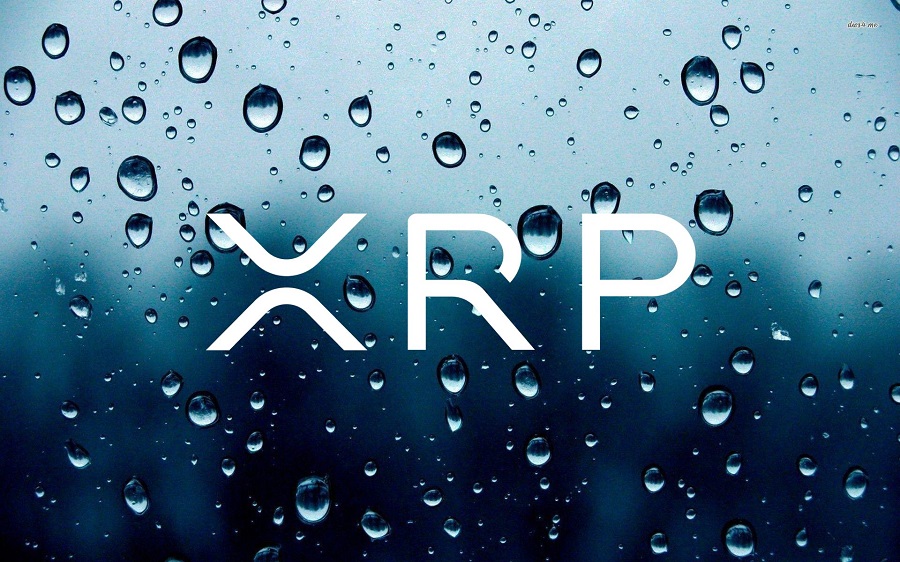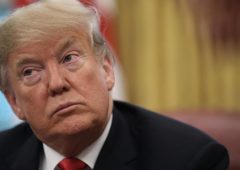XRP ETF Approval Looms as Major Firms Eye Market Entry
26.03.2025 19:00 2 min. read Alexander Stefanov
The race for a US-based XRP ETF has sparked heightened competition, with financial giants like BlackRock and Fidelity predicted to enter the market.
This comes after Brazil’s successful launch of the first-ever XRP ETF by Hashdex, making it the first country to bring this product to market.
Nate Geraci, president of the ETF Store, is confident that an XRP ETF approval is imminent, noting the coin’s third-largest position in the crypto market.
As a result, major firms like BlackRock and Fidelity are expected to follow suit, joining other players like Bitwise and Grayscale, who have already filed for similar products.
While BlackRock has been cautious about altcoins, focusing mainly on Bitcoin and Ethereum ETFs, recent developments in Ripple’s ongoing legal battle with the SEC have shifted the outlook. Ripple’s victory in its lawsuit against the SEC has ignited optimism, with the company poised for greater institutional adoption.
Approval chances for an XRP ETF are now rising steadily, with projections putting the likelihood at 82% in 2025. Analysts predict a surge in demand for these ETFs, with estimates suggesting they could bring in billions from institutional investors seeking safer crypto investments.
Despite the potential, some caution remains about the oversaturation of the ETF market. Financial analyst Nic Puckrin points out that the focus on Bitcoin ETFs is likely to remain dominant, with newer altcoin-based ETFs facing challenges to stand out.
-
1
This Week in Crypto: Whale Accumulation, Ethereum Signals, and a Sentiment Shake-Up
05.07.2025 21:00 3 min. read -
2
Pepe Price Prediction: One-Month Trend Line Resistance Breakout Could Push PEPE to $0.000015
04.07.2025 18:41 3 min. read -
3
Bonk Price Prediction: Binance.US Mention Triggers 9% Jump – Can BONK Reach $1?
07.07.2025 16:29 3 min. read -
4
How Much Profit Would you Make if you Invested $3,000 in Shiba Inu One Year Ago?
09.07.2025 22:00 2 min. read -
5
Top 10 Trending Cryptocurrencies Today, According to CoinGecko
04.07.2025 15:31 3 min. read
Top 7 Crypto Project Updates This Week
The crypto industry saw major advancements this past week across DeFi, NFT, Layer 2, and AI-powered platforms.
U.S. Ethereum ETFs See $402 Million Net Inflow Led by BlackRock’s ETHA
On July 18, Ethereum ETFs in the U.S. recorded a combined net inflow of $402.5 million, signaling strong institutional demand even as some funds saw outflows.
Weekly Crypto Roundup: Bitcoin Hits ATH, Ethereum Surges, Trump Advances Crypto Reforms
Analyzing the latest updates shared by Wu Blockchain, this past week underscored a pivotal shift in the crypto landscape. Bitcoin surged to a new all-time high of $123,226, pushing the overall crypto market cap beyond $4 trillion—a milestone reflecting renewed investor confidence and accelerating institutional flows.
Dogecoin Soars 11% as Bit Origin Bets $500M on Meme Coin Reserves
Dogecoin posted an 11% surge in 24 hours, powered by institutional moves, bullish chart signals, and growing altcoin momentum.
-
1
This Week in Crypto: Whale Accumulation, Ethereum Signals, and a Sentiment Shake-Up
05.07.2025 21:00 3 min. read -
2
Pepe Price Prediction: One-Month Trend Line Resistance Breakout Could Push PEPE to $0.000015
04.07.2025 18:41 3 min. read -
3
Bonk Price Prediction: Binance.US Mention Triggers 9% Jump – Can BONK Reach $1?
07.07.2025 16:29 3 min. read -
4
How Much Profit Would you Make if you Invested $3,000 in Shiba Inu One Year Ago?
09.07.2025 22:00 2 min. read -
5
Top 10 Trending Cryptocurrencies Today, According to CoinGecko
04.07.2025 15:31 3 min. read


